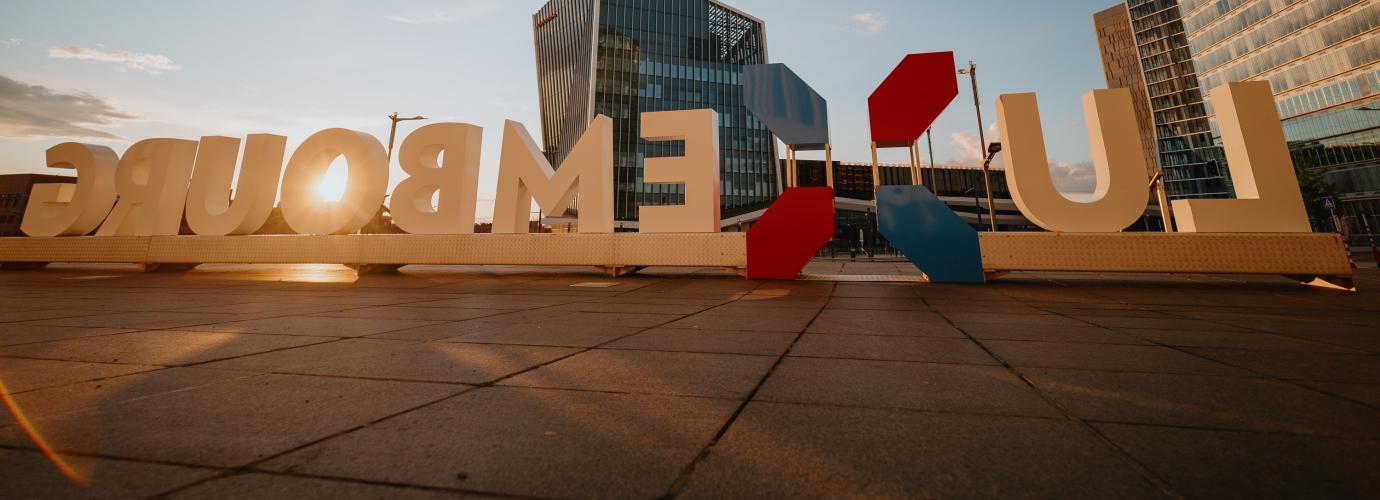Quality assurance refers to policies, procedures and practices designed to achieve, maintain or enhance quality of the educational pathway, from early childhood throughout school education, higher education and adult lifelong learning.
In Luxembourg, quality assurance is carried out according to different approaches:
- Early childhood education and care (ECEC): in order to be recognised as CSA providers (chèque-service accueil), ECEC centres need to be accredited by the ministry of Education, Children and Youth (MENJE) (see chapter 4.3 Educational Guidelines); the ministry carries out the quality assessment and manages each structure's agreement
- School education:
- The national Observatory on school quality (ONQS; Observatoire national de la qualité scolaire) assesses the quality of the school system at the levels of educational policy, institutional functioning and establishments, and analyses the coherence of the actions carried out by the stakeholders in the school system; it then issues recommendations to promote the development of school quality in Luxembourg
- Elementary and secondary schools' individual development schemes (plans de développement scolaire) are managed by the SCRIPT (Service de Coordination de la Recherche et de l'Innovation pédagogiques et technologiques) under the authority of the MENJE
- External quality monitoring is performed by means of national tests (e.g. ÉpStan standardised tests produced and evaluated by Luxembourg University's LUCET) and other international assessments (e.g. PISA and IEA).
- Higher education:
- Short-cycle programmes leading to the advanced vocational training certificate (BTS; brevet de technicien supérieur) have to undergo external evaluation by the ministry of Higher Education and Research (MESR) in order to obtain accreditation for a duration of five years and renewable on the basis of a new evaluation. The procedure aims at ensuring the programmes remain up-to-date and relevant
- The University of Luxembourg undergoes internal assessment every two years, and external evaluation on a four-year basis, where all activities have to be covered, such as administration, education, research and the professors’ work (article 50 of the law on the organisation of the Luxembourg University - loi du 27 juin 2018)
- Adult education: the public provision of Adult education is evaluated and approved by the department of Adult education SFA (Service de la formation des adultes) of the MENJE. Private providers offering state-funded courses for adults have to be accredited by the SFA.

